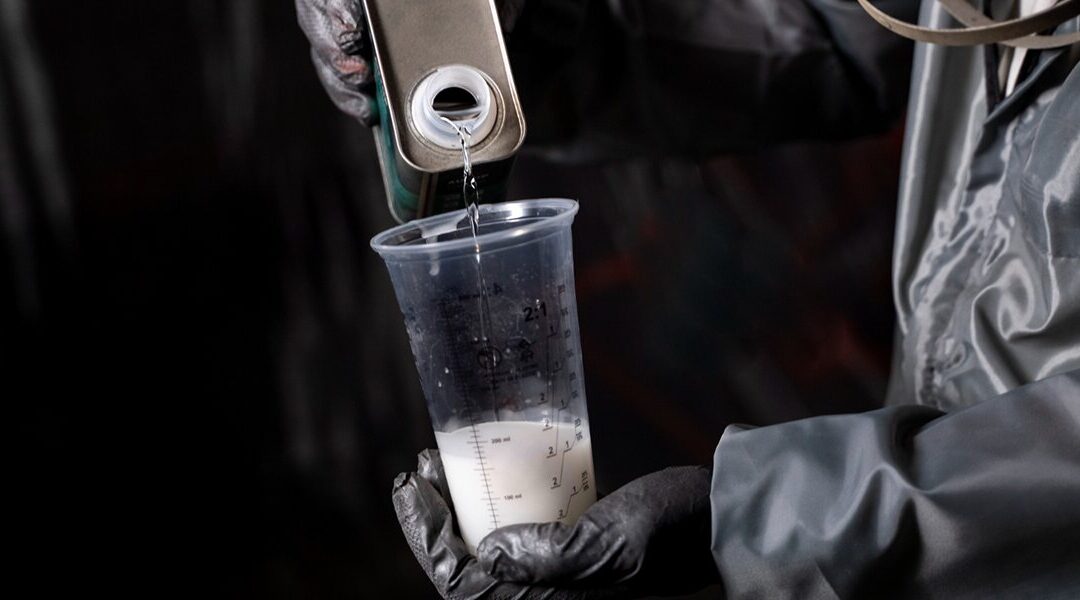Are you looking to repaint your car and give it a brand-new look? You might consider using a paint thinner to get the appropriate consistency. However, paint thinners contain harmful solvents that can put your health and others at risk through short and long-term exposure.
Learn about why using paint thinner on a car is dangerous and the effects of using it, then connect with Cutting Edge Collision Center. We provide safe and beautiful auto painting in Tucson, AZ, taking all the necessary safety precautions and ensuring a flawless job.
How Do People Use Paint Thinner for Cars?
Some people will use paint thinner and lacquer thinner to thin out lacquer, oil-based paints, stains, and varnishes. Vehicle painters will thin paint to achieve a smoother, more appealing finish. Using smaller amounts of paint is typically more effective, but working with thinners is dangerous.
The Dangers of Using Paint Thinners
Paint thinners contain solvents that can evaporate and produce an unsafe work environment while painting. These vapors can build up inside a room and are hazardous to inhale or ingest. The average person may not protect themselves as a professional painter would.
Short-term exposure to paint thinner can cause confusion, unconsciousness, headaches, nausea, and eye, skin, and respiratory discomfort. Painting in an enclosed area for an extended period can worsen symptoms and create a harmful environment. Long-term exposure effects are:
- Damage to muscles and bone marrow
- Weakness to multiple organ systems
- Increased risk of pneumonia development
- Potential chances of death
Wearing respiratory equipment and protective gear can help someone stay safer while using paint thinner. Keeping the eyes, lungs, and hands safe during use is essential, but avoiding paint thinner on a car altogether is ideal.
Paint Thinner Alternatives
Each method for thinning paint to the right consistency has its pros and cons, but consider these alternatives to paint thinner:
- Mineral Spirits. Some painters may use mineral spirits, a form of distilled petroleum that thins paint. They are often less toxic and come in odorless forms to decrease any irritation.
- Water. If you’re working with a water-based paint (for car painting or something else), you shouldn’t use a paint thinner. Adding more water to the solution can help thin the paint out and is much safer than using other kinds of paint.
Leaving car painting to a trusted team of professionals can help you avoid short and long-term exposure to harsh solvents. It’s not worth the risk, as trusted painters know how to stay safe and use high-quality painting products. The experts at Cutting Edge Collision Center will not only paint your car perfectly but also offer helpful car maintenance tips and other advice.
Experience Professional Vehicle Painting From Cutting Edge Collision Center in Tucson, AZ
Now that you understand why you shouldn’t use paint thinner on a car, consider reading about other helpful car topics, such as removing oxidation from car paint. If you want to safely paint your vehicle, turn to Cutting Edge Collision Center in Tucson, AZ.
Call us today at (520) 339-6901 to discuss your custom auto painting and bodywork needs!

